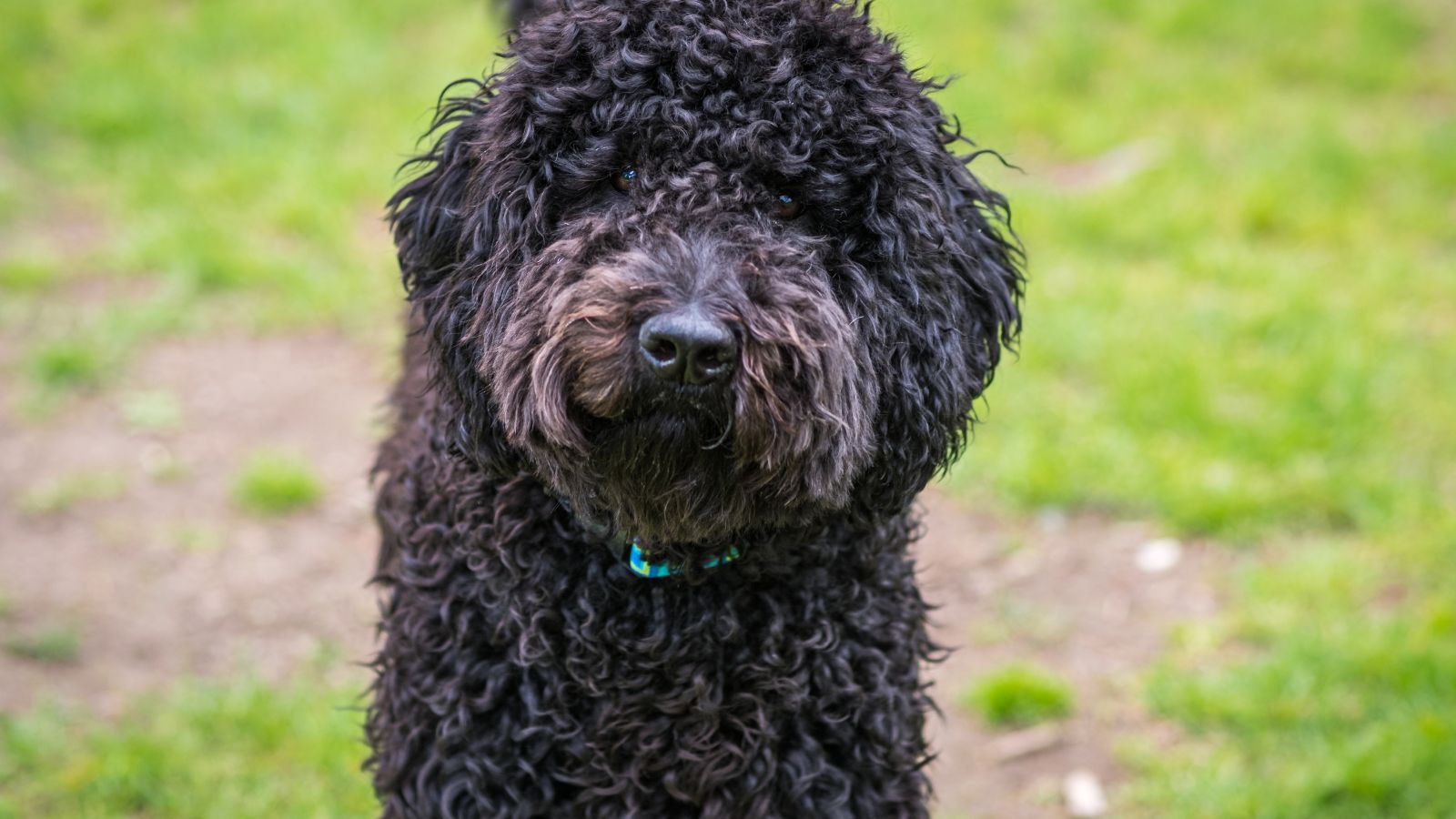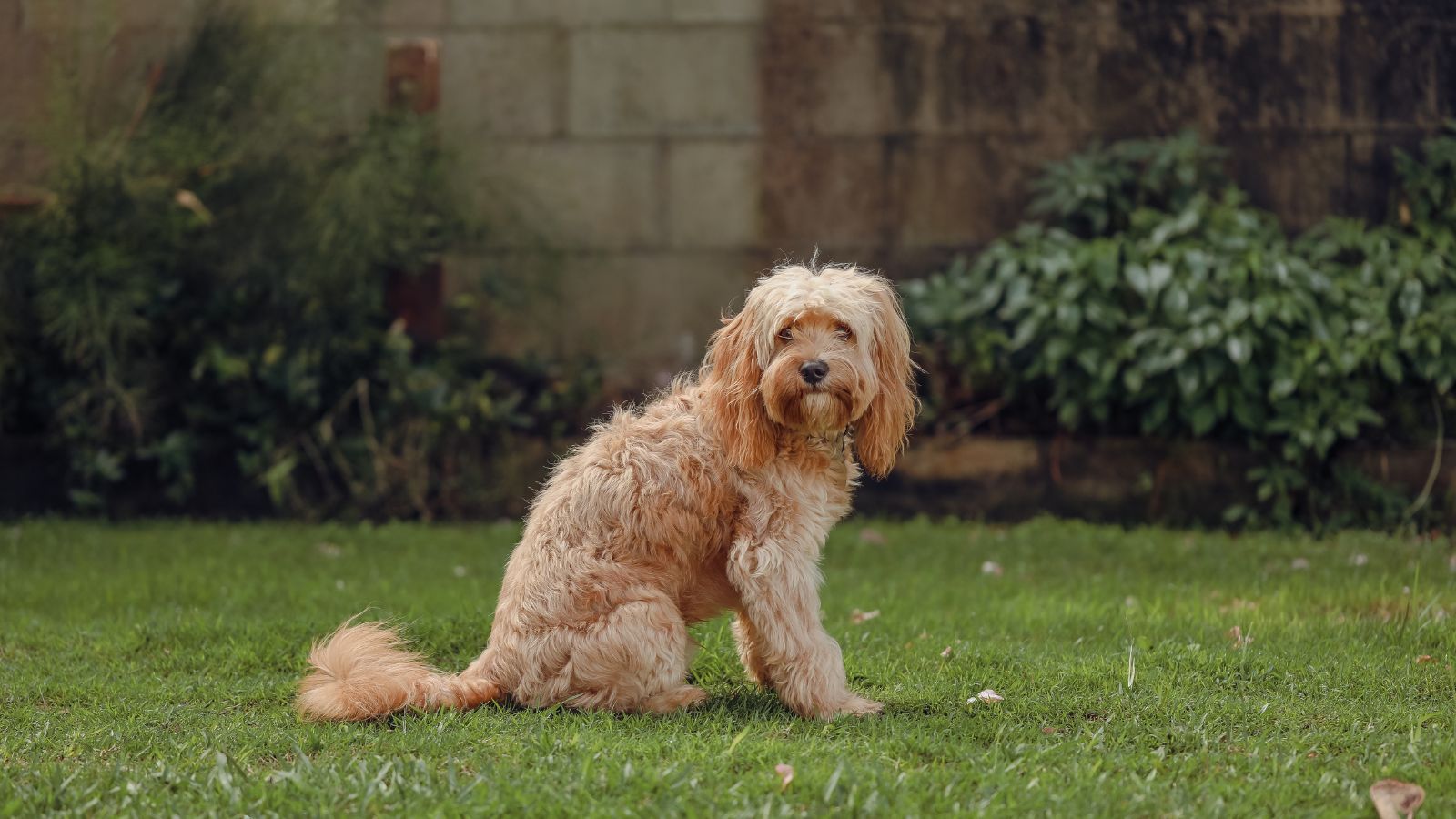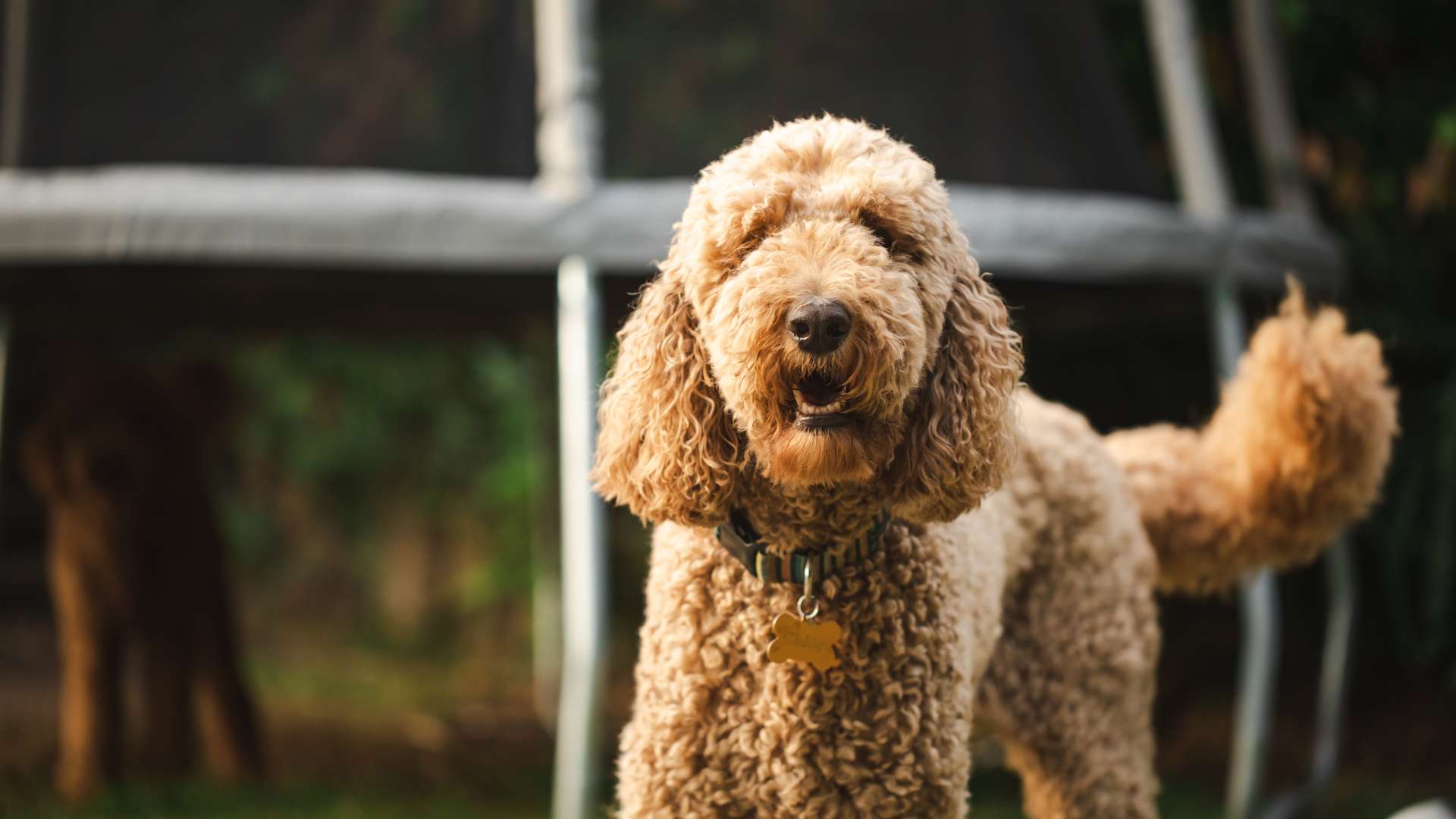There’s something irresistibly charming about curly-haired dog breeds. From the petite Bichon Frise with its cotton candy-like fur to the large and noble Irish Water Spaniel, these breeds captivate hearts with their unique, spiralling coats. This article delves into the fascinating world of curly-haired canines, exploring their diverse appearances, characteristics, and care needs.
Whether you’re a seasoned dog owner or a prospective pet parent, understanding the specific needs of curly-haired breeds is crucial. These dogs often require tailored grooming routines to keep their distinctive coats healthy and beautiful. So, let’s embark on this journey together, unravelling the allure of these eye-catching breeds, one curl at a time.
 Curly Hair Dog Breeds
Curly Hair Dog Breeds
Under the umbrella term of ‘curly hair dog breeds’, lies a wide spectrum of diversity. Despite their differences, these breeds share common characteristics setting them apart from their straight-haired counterparts. Understanding these features not only aids in grooming exercises, but also contributes to their day to day care.
Common Characteristics
Among the shared traits of curly-haired breeds, primarily, is the double coat – the outer fur structured to repel water and the undercoat acting as insulation. These dogs, by virtue of their dense curls, demonstrate fewer instances of shedding, making them a popular option among pet parents who have allergies.
Generally, dogs like the Poodle, Bichon Frise, or Lagotto Romagnolo tend to be intelligent and sociable. They’ve shown to display an affinity for play, cultivating a strong bond with their human companions. Their energy levels typically run the spectrum from moderate to high, requiring regular exercise for maintaining balance and well-being.
The practical advantage of curly-haired breeds’ distinctive looks isn’t just their aesthetic appeal. Those spiralling locks essentially serve to protect the dog from various elements. Dogs with these type of coats are often well-suited for water-based activities as their curls act as a natural barrier. For instance, Portuguese Water Dogs were bred for helping fishermen, partly because their curls kept them warm and dry in cold aquatic environments.
 Popular Curly Hair Dog Breeds
Popular Curly Hair Dog Breeds
Poodle
Poodles are highly recognized around the globe. Originating in Germany and refined in France, they’re admired for their agility, intelligence, and unique hypoallergenic coats. Coming in three size variations, standard, miniature, and toy, a poodle could be destined for most households.
They boast a curly, dense coat that rarely sheds, indicating they need specialised grooming due to hair matting risks. With their unmistakable looks and exceptional trainability, Poodles grace various dog sport events, and their unequivocal loyalty makes them companionable family pets.
The Bichon Frise, originating from the Mediterranean region, doesn’t lack charm. They’re petite, immensely friendly, and boast thick, curly white fur that gives them their distinctive teddy bear-like appearance. Bichon Frises have a very light shedding coat, which again hints at their hypoallergenic potential. It’s important, however, that their curls be groomed regularly, for without proper grooming, their white coats can quickly become dirty. Despite their high-maintenance looks, they are cheerful, adaptable, and love human companionship, making them a favourite among city dwellers and families alike.
 Grooming and Care for Curly Hair Dogs
Grooming and Care for Curly Hair Dogs
From the previous section, we’ve learned about various curly hair breeds and their unique characteristics. Now, we delve into the essential grooming and care requirements for these companions to ensure their health and happiness.
Daily Maintenance Tips
- Routine Brushing: Regular brushing prevents tangles and matting in curly coats. Be gentle to avoid causing discomfort or damage to the dog’s skin.
- Bathing: Regular baths help to maintain their coats in top condition. For a curly-haired dog, a bath every 3 to 6 weeks is suitable.
- Nail Clipping: Regular nail trimming can prevent painful cracks, ingrown nails, and other problems. A monthly clip typically suffices.
- Teeth Cleaning: Good dental hygiene is essential for dogs. Try to brush their teeth daily with dog-specific toothpaste.
- Ear Cleaning: Dogs with curly hair often have hair inside their ears which can trap debris and moisture. Regular ear checking and cleaning can prevent infections.
